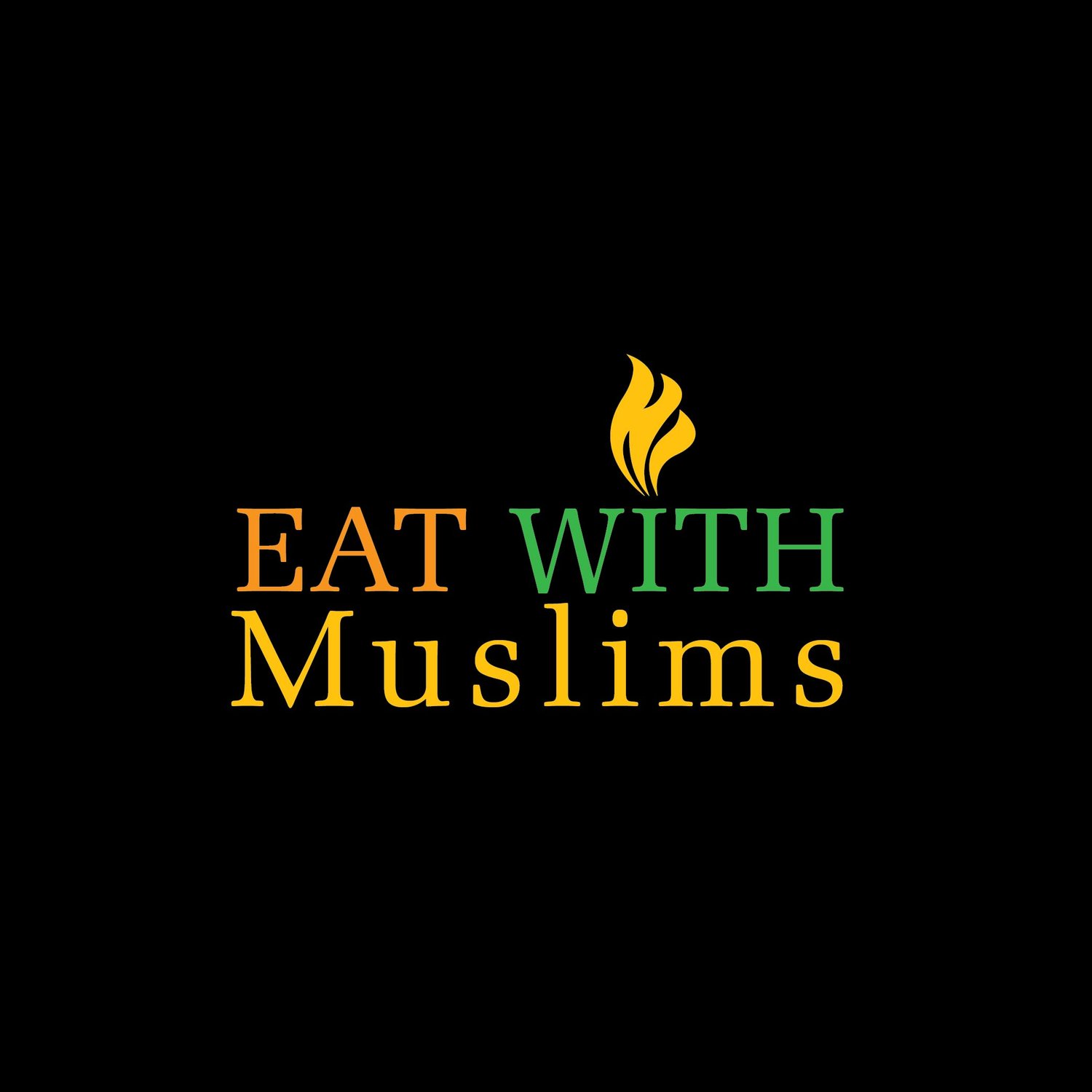One of our favorite questions at EWM dinner events are about the food and how it is prepared. Whether we cook or cater, the food is full of spices and flavors from around the Muslim world. We also make sure that the ingredients are all halal. In Arabic halal means lawful or permitted and refers to the lifestyle, including the dietary standard, of Muslims. Muslims eat halal foods because they have been prescribed by Allah in the Qur’an. Halal foods can refer to meat and seafood products, however pork and most meat byproducts like gelatin are prohibited. The idea behind halal meat is that the animal is sacrificed in the name of Allah and slaughtered through a quick cut in the neck that makes the animal feel the least pain. Halal foods in general have a lot of other benefits and are healthy for the mind and body because they are free from harmful chemicals and have more nutritional value. (Check out this quick list of halal foods vs. prohibited foods HERE).
Foods that Muslims eat often tells a story of why it’s recommended, when to eat it, and how to prepare it. These recommendations can be found in the Sunnah, which is a verbally transmitted record of the teachings, practices, deeds, sayings, permissions or disapprovals of the Islamic prophet Muhammad (peace and blessings be upon him).
Halal food boosts the immune system and promises an overall good health which is beneficial to humans, Muslims and non-Muslims alike. As more and more people in the western hemisphere have realized the importance of eating organic, they are discovering the goodness of halal eating which in many ways is clean eating. Look out for our weekly blog series on halal foods as we dive into all the benefits from what many Muslims around the world eat.



